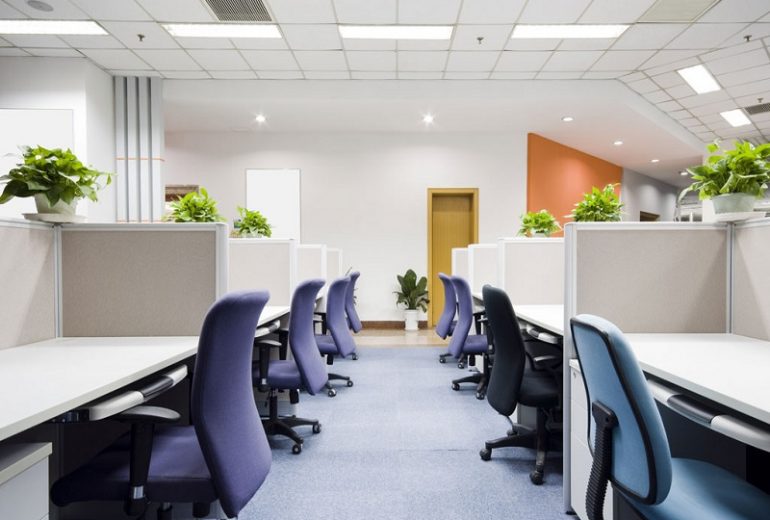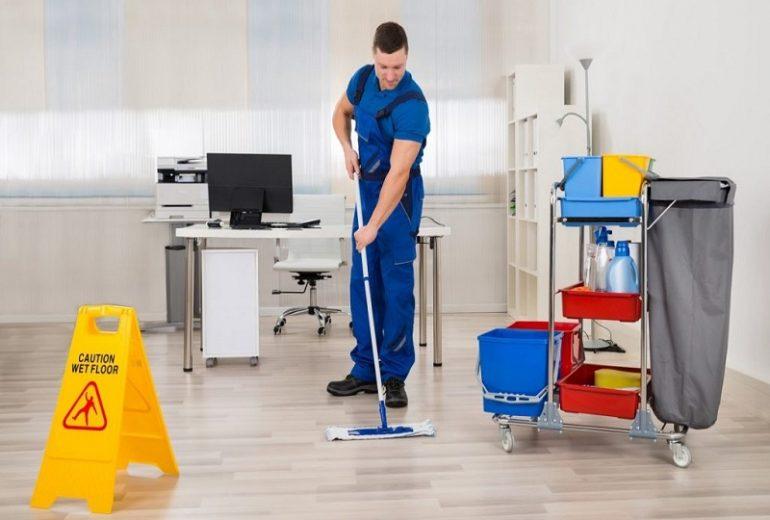Latest posts
Popular Posts
Some tips for office cleaning and its checklist
Things to consider when moving house

Introduction of pollutants into the atmosphere
Pollution is the name of the process and product of the mess we humans have made on earth. Pollution defines the contamination of land, water, air, or other parts of the atmosphere.
Cleaning is not an issue in this modern era, where we can call cleaning companies and use their cleaning services anytime and anywhere. Best Cleaning Company Stockholm is such a company where you can call and hire a professional team to clean your area.
The introduction of any chemical or non-chemical agents into the environment that can alter the natural processes and life of living organisms is known as pollution.
Pollutants can have different qualities and have various characteristics and side effects associated with them. Simple things like noise and light can also be considered pollution when artificially introduced in amounts greater than the average.
These toxic chemicals and pollutants affect the environment and atmosphere on planet Earth and impact its inhabitants. Babies are born with defects that were not present before.
Toxic chemicals alter the genetic makeup of people and other organisms living with them on this planet. This genetic modification leads to the onset of cancers and diseases that were unheard of before.
Noise:
Noise cannot be smelled or seen with the naked eye, but it is a form of pollution. Sound comes from industries, manufacturing companies, and airplanes, and when the sound produced from these sources exceeds the normal range, it harms the inhabitants.
Studies have shown that increased noise levels have a direct connection to high blood pressure, hearing loss, speech problems, and stress-related diseases. It increases the frequency of coronary artery disease, which is the leading cause of death each year.
Noise in the water can also have harmful effects on marine life. High-frequency sounds produced by the engines of large vessels can disrupt the whales' natural navigation abilities.
These high-frequency sounds also affect wildlife, as marine life must communicate loudly with other animals, shortening their lifespan.
Light Pollution:
Humans cannot even think of living without lamps, as we have become so dependent on artificial lights that even thinking about living without them takes us back to the Stone Age.
The natural cycle of day and night has been disrupted by artificial lights, and the natural world has been shocked.
Artificial lights have led to various consequences. Some of them are:
- Studies have shown that the longer periods of artificial light have changed the natural migration process of birds and animals; the longer the lights are on and the inhabitants are awake, the more they need to feed.
- Birds that cannot distinguish between artificial light and sunlight are seen singing at unnatural times of the day.
- Newly hatched turtles follow the moon's reflection on the waves to find their direction. Artificial street lighting deceives them, and they follow the wrong paths, ending up in unsuitable locations.
- Skyglow, produced by the excess of artificial light, makes it difficult for astronomers to see stars and patterns in the sky. The night sky is no longer clear.
- Flowers that bloom in sunlight now bloom in artificial light, and this has altered their entire developmental pattern and the natural cycle they follow.
- Lightning is responsible for wasting many natural resources that we use to produce various forms of energy. Turning on unnecessary lights can lead to unnecessary energy wastage.
Air Pollution:
The air that we breathe to live a daily life contains a precise amount of chemicals placed in a detailed composition. When different chemicals are added to the air, they alter the composition of standard air.
We cannot see the tiny particles of various chemicals and pollutants that may be present in the air we breathe in.
Common types of gases that are the primary cause of air pollution include sulfur dioxide, nitrogen oxides, carbon monoxide, and some harmful chemical fumes.
The presence of these gases and chemicals in the air results in chemical reactions that produce various products that are harmful for humans and other organisms to breathe in.
Exhaust smoke from the burning of different materials in industries and manufacturing companies can also be the primary cause of air pollution.
People working in radioactive facilities are prone to developing many respiratory-related problems and other dangerous diseases due to inhaling harmful particles in the radioactive deposits.
We must participate in preventing pollution to make Earth a safe place for ourselves and future generations.


